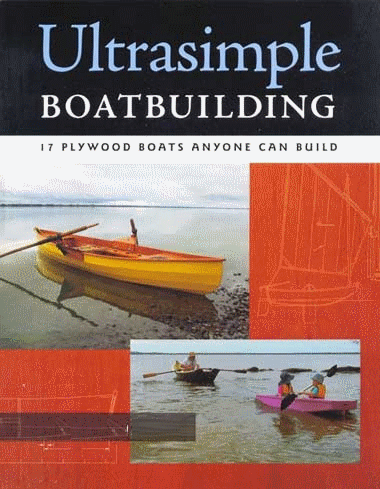

So we are here in Stuart for a few days waiting progress of the salvage and the passing of bad weather. Speaking of which, the wind really came up -- up to 30 knots -- as we went up the rather poorly marked channel in the wide but shallow St. Lucie River to Stuart. We had furled the small jib by then. After the first four bridges of the ICW, the other seven consisted of: four that open on request, two high bridges and one a RR bridge which is open except when a train comes. But the last, was shown by my sources as being on a half hourly schedule so we slowed a bit, planning to make the 1:30 opening. When I called in advance to let the tender know we would be requesting that opening, he replied "Come right up and Ill give you an opening!" And it was a good thing too. We did not tarry and made fast on a mooring (only $25 per night in season) with two of our lines run through its eye and back, only about ten minutes before the heavens opened up with torrential rain that made my deck washing of the day before a complete waste of time, and strong gusty winds too. We still had our instruments on and I saw a gust of 49 knots (57 mph)! Sure glad we had made it onto the mooring before that.
We used the marinas shuttle bus to provision at Publix and used their free bicycles to tour the town, visit the bank, etc. It is a small town at its historic center, which was originally located on the north side of the St. Lucie and called Pottsdam. But in the 1890s it was moved to the south bank and non-German settlers didnt like the name so they called it Stuart after an early landowner by that name, son of a prominent attorney in New York. The town is located where the St. Lucie becomes very narrow because of peninsulas sticking out from both the north and south shores. Three bridges cross it here, at its narrowest -- the last three of the eleven we crossed under. In the photo below, from right to left, the newest high one carries Route 1, without interruption for openings, followed by the RR bridge and the bascule bridge for the Dixie highway which as noted above, opens on request, both of which are "up".


We almost bought a condo unit here, as an investment -- just before the Florida real estate bubble burst. It is called the Harborage Condominium and Yacht Club, on the north shore, opposite the town, just east of the bridges. We got lucky and dodged a bullet: they couldnt build then and we got our money back!
There is a long boardwalk just off the waters edge, perhaps half a mile long with nice views of the river and this guy, you see his shadow, who is nonplused by humans or the roaring of the railroad. Amazing in this litigious age, there is only a toe rail to keep people from falling off the boardwalk.

The battle to stop All Aboard Florida is raging hotly in the newspapers here. Entrepreneurs want to run about twenty high speed passenger trains per day betweeen Miami and Orlando (in addition to the many long freight trains) on the existing tracks of the Florida East Coast RR. But the noise of the trains themselves and their whistles and the additional obstructions to boaters at bridges -- and to auto drivers, seem to have galvanized a fervid opposition in every town the tracks pass through, including Stuart.
The other current hot local issue is whether the State or municipalities should enact laws effectively preventing boaters from anchoring in the State of Florida by forbidding anchoring within "X" feet of private property. When you measure "X" feet from both shorelines, there is precious little water, if any, where one could anchor.
The first general store in Stuart was put out of business by the big box store of that era, A and P. It became a grain and feed store until the 1960s and is now the historical museum, free admission. They basically invited the townspeople to donate "stuff" and curated it into a museum about Stuart and its county. The same railroad that is now controversial is what made the state. In the 1890s pineapple was king here, shipped north via the Railroad. In the middle of the 20th century Stuart was the cut flower capital of America. Now it is tourists that fuel the economy, but they dont come by train.
We had lunch at the Marinas restaurant one day and breakfast at Marias in town, another. When my nephew, David, a southern boy, was sailing with me in Long Island Sound those many years ago and we got to Northport, he asked for biscuits and gravy. Well you cant get that in Northport but at Marias they were delicious.
